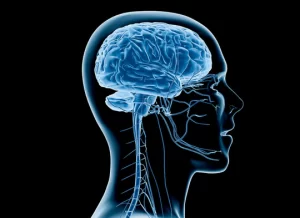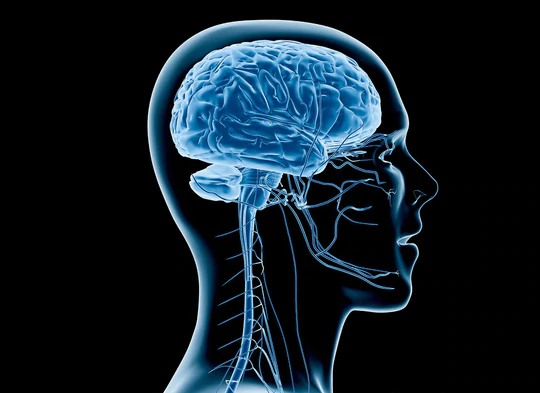Scientists provide genetic evidence indicating NMN supplementation promotes rejuvenation of blood vessels providing nutrients to the brain.
This April, a team of scientists from the University of Oklahoma published a study in GeroScience where they found that nicotinamide mononucleotide (NMN) supplementation reversed the effects of aging on the neurovascular units and restored cellular pathways, according to the genetic expression profiles of mouse brains. NMN supplementation may become a potential intervention for older adults to combat age-related deterioration caused by neurovascular unit dysfunction.
NMN supplementation increases levels of a molecule called nicotinamide adenine dinucleotide (NAD+), which plays crucial roles in lifespan regulation, metabolism, and cellular health. NAD+ levels decline with age, and the activation of proteins called sirtuins that depend on NAD+ for activation do as well. NAD+-dependent sirtuins maintain DNA and chromosomal health and help with cellular health maintenance. The researchers of the study looked at gene activity profiles to find whether NMN injections in older mice activated genes associated with sirtuin activation.
By measuring the activity of the genes, called gene expression profiles, the team discovered that about 55% of the neurovascular unit genes returned to youthful activity levels in aged mice following NMN treatment. The results indicated NMN treatment reverses aging-related changes in the gene activity of the neurovascular unit.
Other results showed gene activity age-related changes in sirtuin-regulated genes and the majority of these changes were reversed with NMN treatment. While seven types of sirtuins exist in mammals the team of scientists focused on one — SIRT1. They found the dysregulation of SIRT1-sensitive genes in aged mice, but NMN treatment reversed these effects.
Besides providing protection through SIRT1, genetics data of the study also showed that NMN rejuvenated the cell’s energy-generating powerhouse, the mitochondria, in aged mice. The gene expression profile of mitochondria-related genes in young mice and older mice treated with NMN were similar, which suggested that NMN treatment reversed the age-related dysregulation of mitochondria in the neurovascular unit.
In previous studies, NMN treatment increased blood flow and improved cognitive performance.
The new genetics data compiled in the current study indicated NMN reverses age-related cellular changes in the neurovascular unit, notably changing gene activity associated with sirtuins and mitochondrial function. The scientist thought the results add to findings from earlier studies showing treatment with NMN provides anti-aging neurovascular changes in aged mice that reverse neurovascular unit dysfunction. “Additional studies are warranted to determine the efficacy of combination treatments with NAD+ boosters and compounds that directly activate SIRT1 and/or inhibit NAD+ overutilization for neurovascular protection,” stated the scientists in their study with reference to using other molecules along with NMN to promote higher NAD+ levels and neurovascular unit functioning.
They noted using NMN in conjunction with molecules such as resveratrol that has demonstrated to exert protective effects on blood vessels in animals could potentially enhance these beneficial effects on neurovascular unit function. The method may serve as a possible intervention for patients who experience cognitive impairment from neurovascular dysfunction in the future.
Full Text Sources
